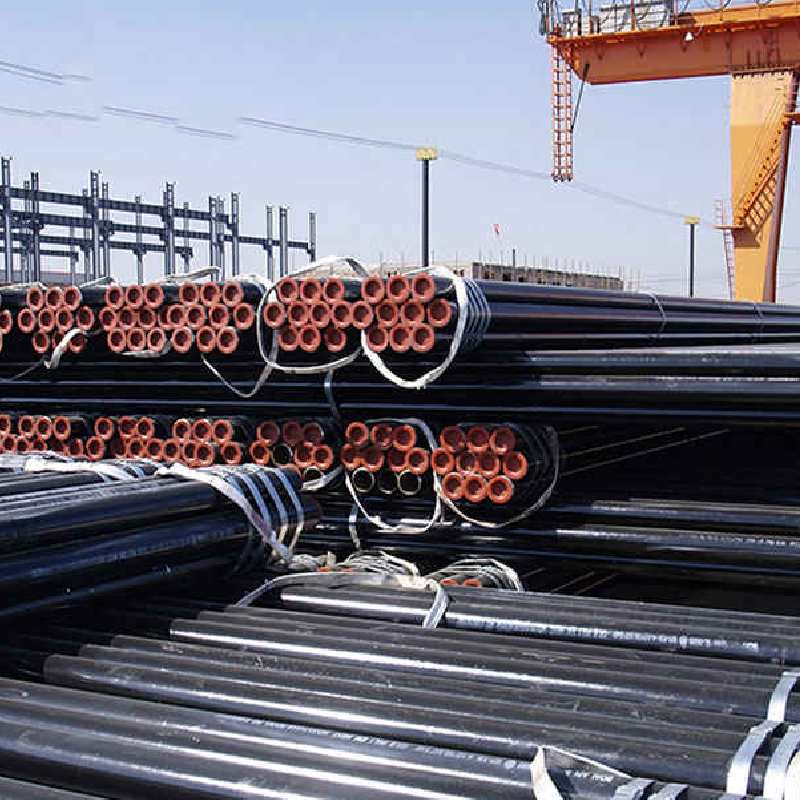-
Cangzhou Yulong Steel Co., Ltd.
-
Phone:
+86 13303177267 -
Email:
admin@ylsteelfittings.com
- English
- Arabic
- Italian
- Spanish
- Portuguese
- German
- kazakh
- Persian
- Greek
- French
- Russian
- Polish
- Thai
- Indonesian
- Vietnamese
- Zulu
- Korean
- Uzbek
- Hindi
- Serbian
- Malay
- Ukrainian
- Gujarati
- Haitian Creole
- hausa
- hawaiian
- Hebrew
- Miao
- Hungarian
- Icelandic
- igbo
- irish
- Japanese
- Javanese
- Kannada
- Khmer
- Rwandese
- Afrikaans
- Albanian
- Amharic
- Armenian
- Azerbaijani
- Basque
- Belarusian
- Bengali
- Bosnian
- Bulgarian
- Catalan
- Cebuano
- China
- China (Taiwan)
- Corsican
- Croatian
- Czech
- Danish
- Esperanto
- Estonian
- Finnish
- Frisian
- Galician
- Georgian
- Kurdish
- Kyrgyz
- Lao
- Latin
- Latvian
- Lithuanian
- Luxembourgish
- Macedonian
- Malgashi
- Malayalam
- Maltese
- Maori
- Marathi
- Mongolian
- Myanmar
- Nepali
- Norwegian
- Norwegian
- Occitan
- Pashto
- Dutch
- Punjabi
- Romanian
- Samoan
- Scottish Gaelic
- Sesotho
- Shona
- Sindhi
- Sinhala
- Slovak
- Slovenian
- Somali
- Sundanese
- Swahili
- Swedish
- Tagalog
- Tajik
- Tamil
- Tatar
- Telugu
- Turkish
- Turkmen
- Urdu
- Uighur
- Welsh
- Bantu
- Yiddish
- Yoruba

Jul . 31, 2024 11:24 Back to list
Exploring the Features and Applications of Different Flange Type Valves in Industry
Understanding Flange Type Valves Key Features and Applications
Flange type valves are a critical component in a wide range of industrial applications, known for their reliability and versatility. These valves are characterized by their flange connection, which allows them to be easily integrated into various piping systems. Understanding the features and applications of flange type valves can provide valuable insights for engineers, designers, and maintenance personnel in the field.
What is a Flange Type Valve?
A flange type valve is a type of valve that is designed to connect to piping systems via flanges, which are protruding edges that allow for a mechanical attachment. This connection can be made using bolts, ensuring a secure fit that can withstand high pressures and temperatures. Flange type valves come in various designs, including gate valves, globe valves, ball valves, and check valves, each with specific functionalities suited for different applications.
Key Features of Flange Type Valves
1. Versatility Flange type valves can be used in a variety of settings, including water treatment facilities, chemical processing plants, and oil and gas industries. Their ability to handle different media, including liquids, gases, and slurries, makes them indispensable in many sectors.
2. Durability Constructed from robust materials such as stainless steel, brass, and cast iron, flange type valves are designed to endure harsh environments and extended use. Their sturdy construction helps prevent leaks and maintain system integrity.
3. Ease of Installation and Maintenance The flange connection allows for straightforward installation and disassembly. Maintenance personnel can easily replace or repair valves without needing extensive modifications to the surrounding piping. This ease of service minimizes downtime and reduces maintenance costs.
4. Variety of Pressure Ratings Flange type valves are available in various pressure classes, making them suitable for applications that require high-pressure handling. This adaptability ensures that industries can choose the right valve for their specific pressure requirements.
flange type valve

5. Standardized Sizes and Ratings Many flange type valves conform to industry standards, which simplifies the selection process. The availability of standardized flange sizes and ratings promotes compatibility with existing systems, facilitating seamless integration.
Applications of Flange Type Valves
Flange type valves are employed across numerous industries, highlighting their versatility and essential role in modern engineering. Here are a few notable applications
1. Water and Wastewater Treatment In water treatment facilities, flange type valves regulate the flow of water and prevent backflow, ensuring safe drinking water supply. Their robust design helps withstand the corrosive nature of chemicals used in treatment processes.
2. Chemical Processing The chemical industry often utilizes flange type valves for controlling the flow of various chemicals and maintaining process safety. The ability to handle corrosive materials and high pressures makes them an ideal choice for these applications.
3. Oil and Gas In the oil and gas industry, flange type valves are crucial for managing the flow of hydrocarbons. They are employed in pipelines and refineries, capable of withstanding extreme pressures and temperatures while ensuring safe operation.
4. Power Generation Flange type valves play a vital role in power plants, managing steam, water, and gas flows. Their reliability and efficient operation are essential for maintaining the overall performance of power generation systems.
Conclusion
In summary, flange type valves are an indispensable component in various industries due to their unmatched reliability, durability, and ease of maintenance. Understanding the features and applications of these valves enables professionals to make informed decisions when selecting components for their piping systems. Whether in water treatment, chemical processing, or the oil and gas sector, flange type valves continue to be a cornerstone of efficient and safe operational practices.
Latest news
-
ANSI 150P SS304 SO FLANGE
NewsFeb.14,2025
-
ASTM A333GR6 STEEL PIPE
NewsJan.20,2025
-
ANSI B16.5 WELDING NECK FLANGE
NewsJan.15,2026
-
ANSI B16.5 SLIP-ON FLANGE
NewsApr.19,2024
-
SABS 1123 FLANGE
NewsJan.15,2025
-
DIN86044 PLATE FLANGE
NewsApr.19,2024
-
DIN2527 BLIND FLANGE
NewsApr.12,2024
-
JIS B2311 Butt-Welding Fittings LR/SR 45°/90° /180°Seamless/Weld
NewsApr.23,2024











